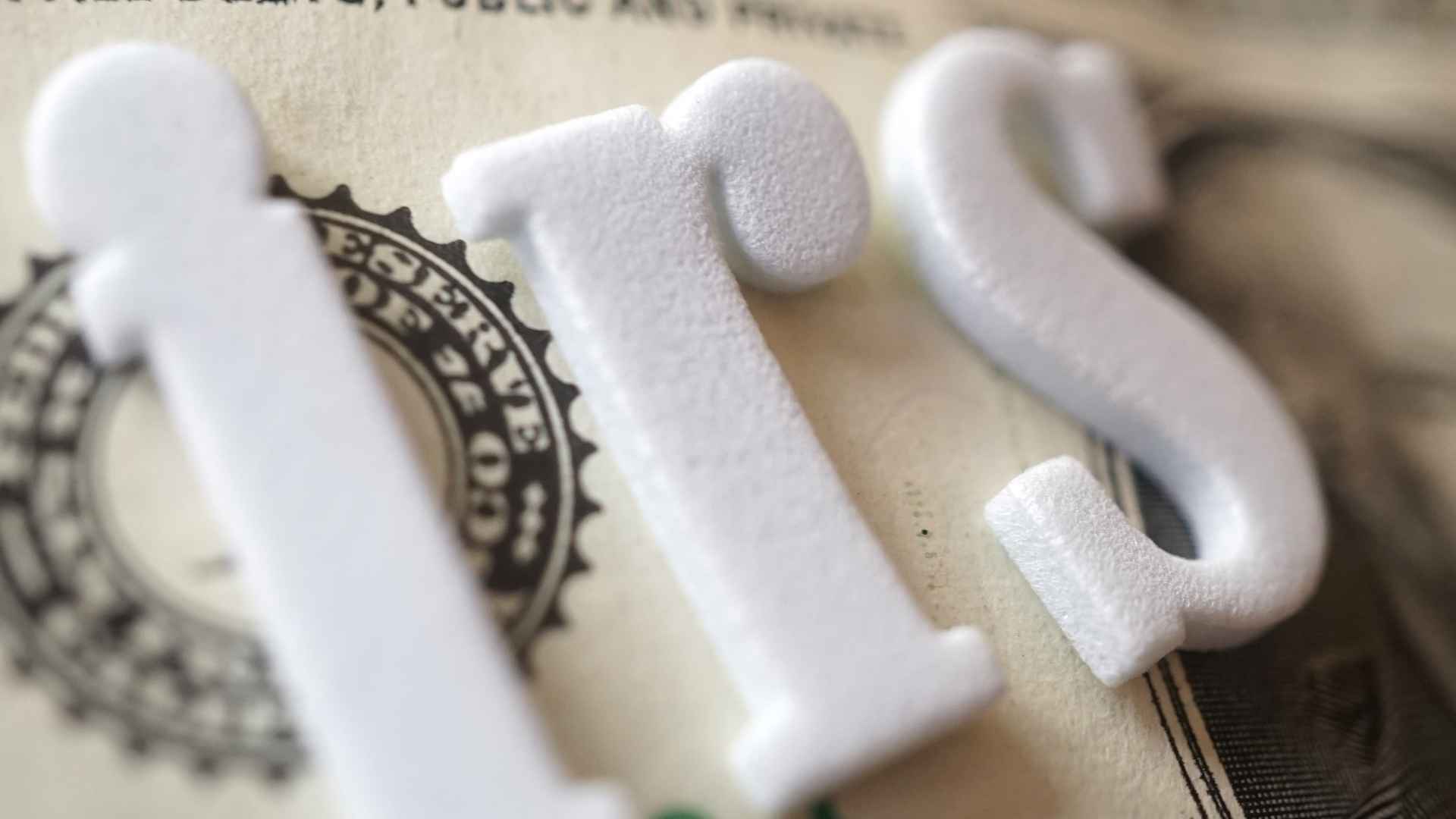Confirmed by the government | IRS begins seizing bank accounts and property from delinquent taxpayersShort on time? Here’s the gist: the tax agency has activated its most aggressive tools against Americans who ignored repeated warnings—meaning frozen funds and seized cars could be next.
Americans who skipped their tax bills during the 2025 filing season face a harsh new reality: the Internal Revenue Service (IRS) is actively freezing bank accounts and confiscating assets from anyone who brushed off earlier notices. The crackdown, fueled by a post‑April 15 audit surge, targets both individuals and small businesses that underreported income or failed to settle outstanding balances.
Why the IRS says tighter enforcement was necessary during the 2025 tax season
The IRS flagged a spike in suspicious returns this year, citing inflated credits and unreported gig‑economy earnings. Consequently, agents have pivoted from reminders to full collections, leveraging the Internal Revenue Code’s levy authority to “remove property as payment for the tax debt.”
In plain English, if a federal tax lien attaches to your name, the government can grab cash, cars, or even rental income—unless that property is specifically exempt. Feeling uneasy yet? Before any padlock clicks shut, the agency must tick four legal boxes:
- Notice and Demand for Payment—your first formal bill.
- Failure or refusal to pay—you let the deadline pass.
- Final Notice of Intent to Levy and Your Right to a Hearing—sent at least 30 days in advance.
- Advance notice of third‑party contact—a heads‑up that the IRS may speak with banks or employers.
Miss all four warnings? That’s when the levy truck shows up.
Simple ways Americans can check whether they already owe the IRS money
Wondering if your name is on the seizure shortlist? Use one of these quick checks:
| Method | What you need | Average time |
|---|---|---|
| Online account at IRS.gov | ID.me login plus SSN | 5 minutes |
| IRS hotline (800‑829‑1040) | SSN, last‑filed return | 10–15 minutes* |
| Account transcript request | Mailing address on file | 5–10 days |
*Call volume is heaviest on Mondays and after 10 a.m.; dialing early may shorten the wait.
After verifying your balance, act fast. Payment plans, Offer‑in‑Compromise requests, or—even simpler—paying in full will halt a levy before it hits. On the other hand, ignoring that red‑ink letter leaves the agency free to garnish wages, intercept state refunds, or scoop up savings accounts.
Don’t wait for the lock to click
The new enforcement push underlines a simple truth: silence costs money. Review any IRS mail immediately, log in online to confirm your status, and, if necessary, consult a qualified tax professional. Taking action before the 30‑day levy notice expires is the only sure way to keep your checking account—and your car keys—out of government hands.

